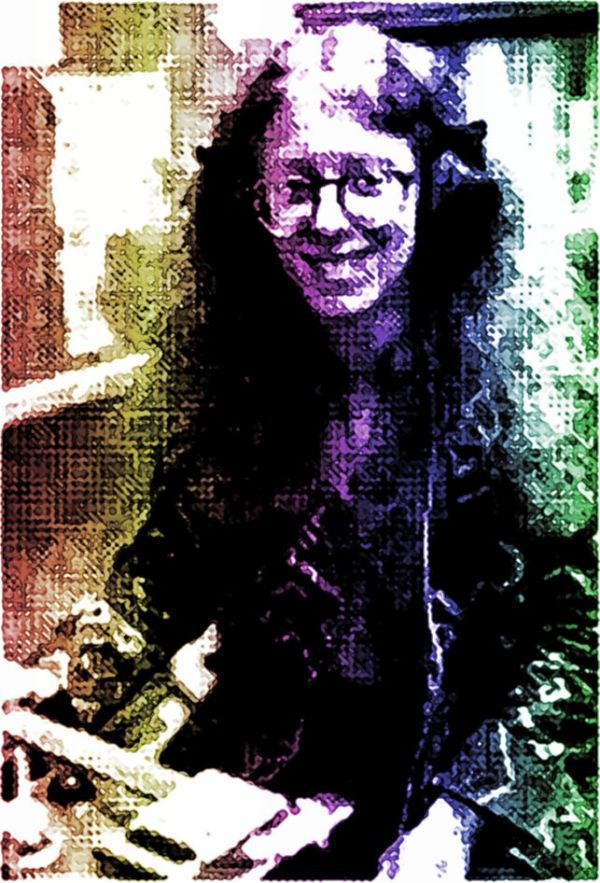NEW YORK TIMES: As a freshman at SUNY Buffalo, Gross wanted to write. But she was worried she wasn’t good enough to be great, and she struggled to find a subject. At the same time, she was shedding her ‘‘good girl’’ identity. She tried being a hippie — ‘‘I was too inhibited to be very convincing at it. And too Sheepshead Bay, probably’’ — and she tried drugs. One of the first times she dropped LSD, she determinedly brought along paper and pen: ‘‘I’m going to have a subject,’’ she recalls thinking. ‘‘All of my writerly inhibitions are going to open up, and my talent is going to be released!’’ LSD didn’t help her writing, but for Gross it was a beneficially ‘‘immersive experience.’’
In the first months after she graduated in 1972, Gross floundered. She had married, but would soon divorce; she was fired from a job teaching eighth grade after only six weeks (she couldn’t control the class). But then she discovered radio. One afternoon, about a year after she finished school, she was sitting in her house in Buffalo listening to ‘‘Womanpower,’’ a feminist program on WBFO, the university station. One of her roommates was a guest, and she came out as gay on the air. Gross was surprised by the revelation, but more so by the way her roommate had delivered it: sitting before a microphone in a radio studio. Gross, who had wanted to do ‘‘something in media’’ but hadn’t known how to begin, was intrigued. Through her roommate, she learned there was an opening on ‘‘Womanpower,’’ and Gross started on the show as a volunteer. MORE

